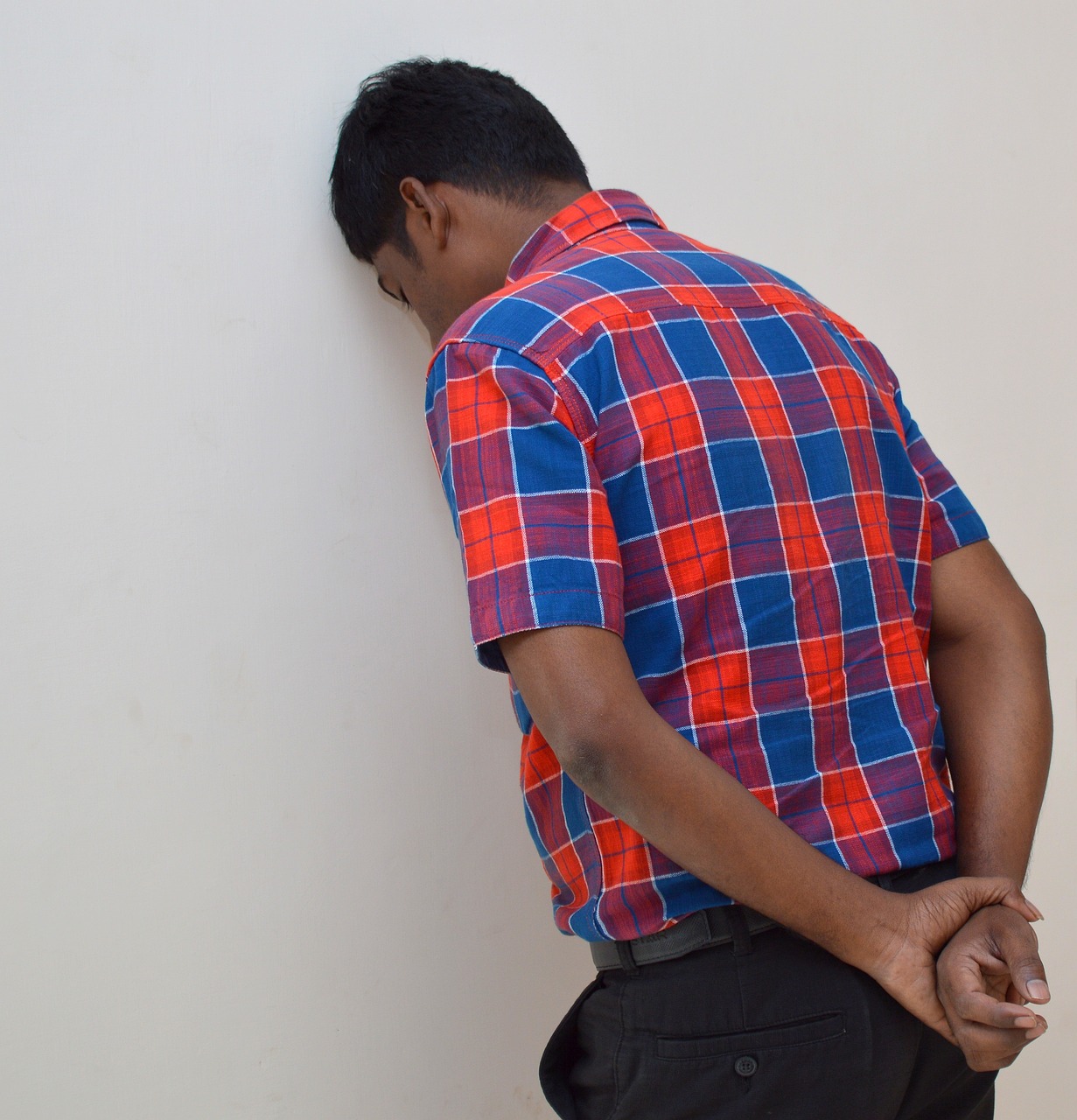As an Ontario educator, I am fortunate to be constantly learning. Here, I hope to record, reflect, and respond to the challenges of learning. All sentiments are mine.
Friday, July 21, 2017
Trends in Education: Self-regulation in Secondary schools
Dr. David Tranter, School of Social Work, and Dr. Donald Kerr, Faculty of Education,
Lakehead University. “Understanding Self-Regulation: Why Stressed Students Struggle to Learn.” What Works? Research into Practice Monograph # 63, February 2016.
I think many secondary school teachers are just beginning to explore the formal notion of self-regulation, sometimes as a result of behaviours we’re seeing in schools, and sometimes because IEPs are increasingly including self-regulation strategies to meet student needs. Plus, it’s a topic more in the mainstream due to the explosion of fidget spinners (usually used in Resource Rooms / by Special Education Resource Teachers).
The research monograph explores self-regulation first by clearly defining it (as the authors point out, there are widely varying uses of the word) - interestingly, through three analogies - and then providing some helpful strategies. The authors conclude that “self-regulation is about responding to stress and managing one’s state of arousal. Students who have experienced chronic stress often struggle to self-regulate; their level of arousal may be either too low or high or may fluctuate rapidly through the school day” (Tranter and Kerr). It’s important to remember that self-regulation is about managing one’s response to stress.
In a secondary environment, we often see adolescents struggle with focus and placing attention where teachers want it; there are many stressors and distractors, most notably social and technological. I’ve seen a sharp increase in students who are unable to “unplug” from social media or video games, using this as a mechanism to deal with the stress of the classroom. Some students are quick to give up when cognitively challenged and move to social media instead. While teachers are trying to use electronic devices to support student learning, we’re increasingly seeing students who are unable to self-regulate their behaviour. “Successful self-regulation is not something we are born with; rather, it develops slowly throughout childhood and into the mid-twenties as parts of the brain fully develop and connect” (Tranter and Kerr). As such, we’re actively teaching strategies to adolescents to help them monitor their learning and self-regulate their stressors.
What are your most successful strategies for teaching self-regulation? What works with adolescents?
Subscribe to:
Post Comments (Atom)

No comments:
Post a Comment